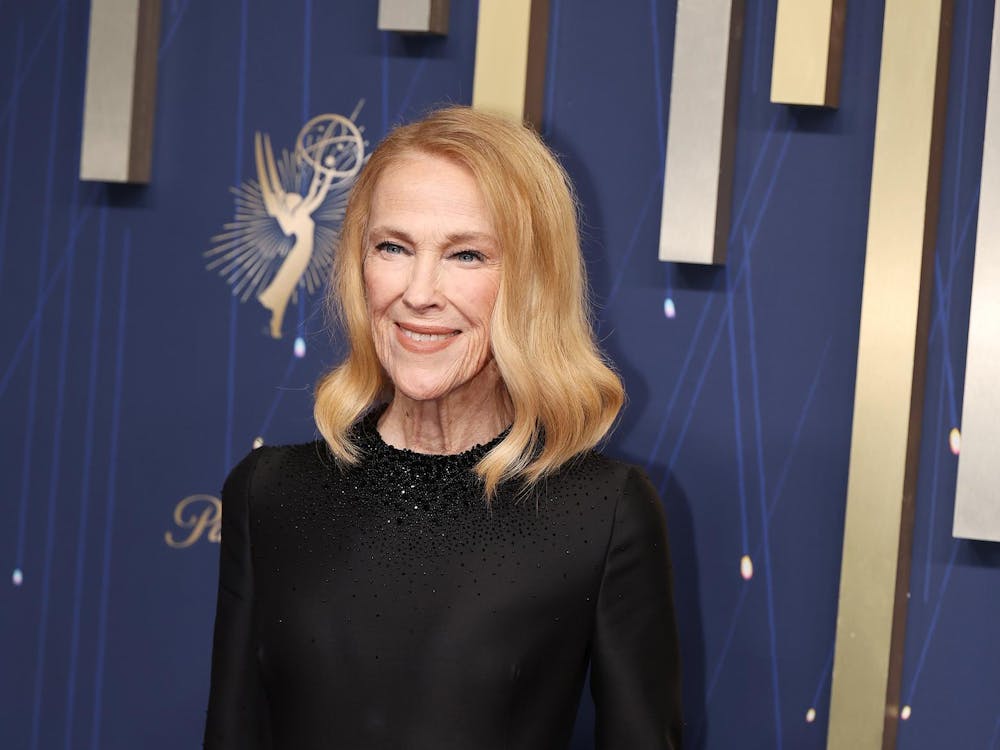For many, this age of filmmaking is one where the once-common barriers of genre and casting have been completely shattered in favor of a more unified, progressive vision. With films like Black Panther, Crazy Rich Asians, and even last year’s Wonder Woman, the cinematic landscape has evolved to encapsulate casts in major films that would have (unfortunately) never been feasible in the eyes of corporate executives and producers. However, Nigerian Prince proves that this concept isn’t just doable on a major scale, but even on an independent level as well.
Nigerian Prince, directed and co-written by Faraday Okoro, follows two leads in a mutually desperate attempt to strike it rich through the art of the scam. Eze (Antonio J. Bell) is a Nigerian-American teenager who has been sent to Nigeria for the summer by his mother in order to find himself…only to find out that he’s not going home. Pius (Chinaza Uche) is a scammer (and the semi-titular “Nigerian Prince,” given his specialization in that type of gig), living in a day-to-day struggle to earn enough money to not end up executed by corrupt police…and just so happens to be Eze’s cousin. Thus, the two strike a deal to get Eze enough money to get a ticket back to America, and a tangled web of deceit and crime ensues.
To put it bluntly, the crown jewel of this film is its eye for color and cinematography. The camerawork is extremely expressive throughout the film, able to jump from being reflective of a character’s emotional state to encompassing the inner beauty (and turmoil) of a world where money is effectively a factor in everything. The colors and their impact on the lighting are also fascinating from a visual standpoint, with the film’s descent into darker and darker territory gradually darkening the film’s overall color palette, leading to genuinely beautiful shots using nothing but sheer darkness that still find a way to make it bounce off the natural complexion of the cast (which, aside from one or two minor players, is all black). The overall composition and aesthetical value of the film is genuinely high.
However, the visual aspect of the film is held back by its narrative component. The story in of itself isn’t bad, and how the film establishes its “rules” can very easily hook audiences in to the story in play. That said, the plot has a bad habit of introducing characters, elements, and even pressure against our leads, only to completely ignore them after they’ve been introduced. I understand that this film wasn’t American-made (and Hollywood endings are the exception and not the rule when it comes to foreign films), but by leaving these narrative ends left bare, it feels odd. Even odder is the ending, which (to not divulge any real spoilers) feels anticlimactic in the greater scheme of the piece and introduces more plot elements that are pushed out on stage and just as quickly taken off in time for the credits to roll.
In that sense, I suppose, the open-faced ending of the film is a perfect summation of the overall whole. Nigerian Prince talks a lot of game and uses the tools at its disposal in order to get audiences hooked, yet feels like the bottom is falling out in its final act. There’s nothing wrong with leaving the audience in the dark as the credits roll and not giving them all the answers (the best of French cinema has a tendency to do this), yet the film has somewhat prominent loose ends that are either completely forgotten or rarely looked back into once everything is said and done. The film is a visual feast of color and contrast, yet the loose plot structure and a rather anticlimactic ending can’t help but leave one feeling cheated themselves.

Featured Image: Heartland
For more entertainment related content, visit us at Bytebsu!
















